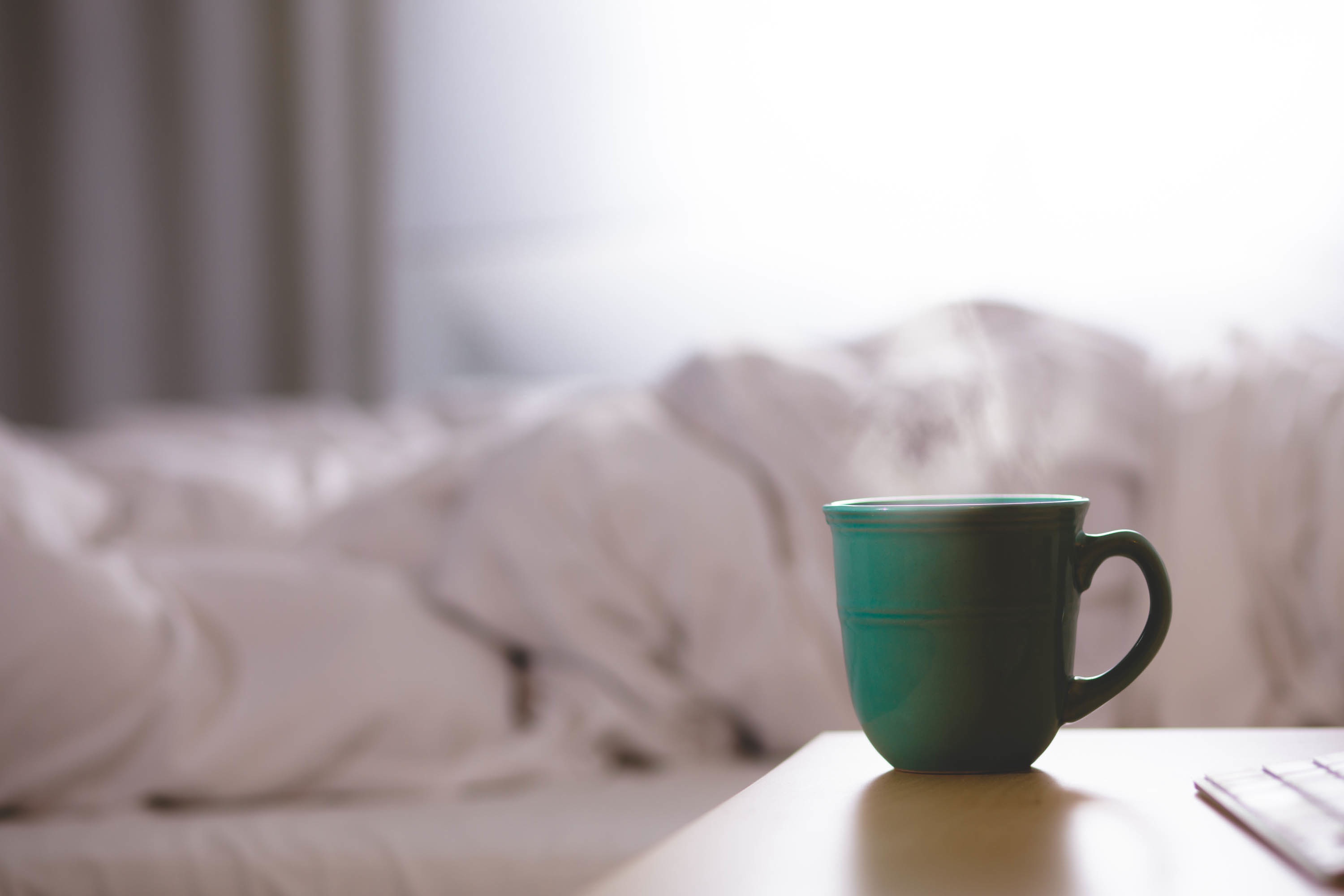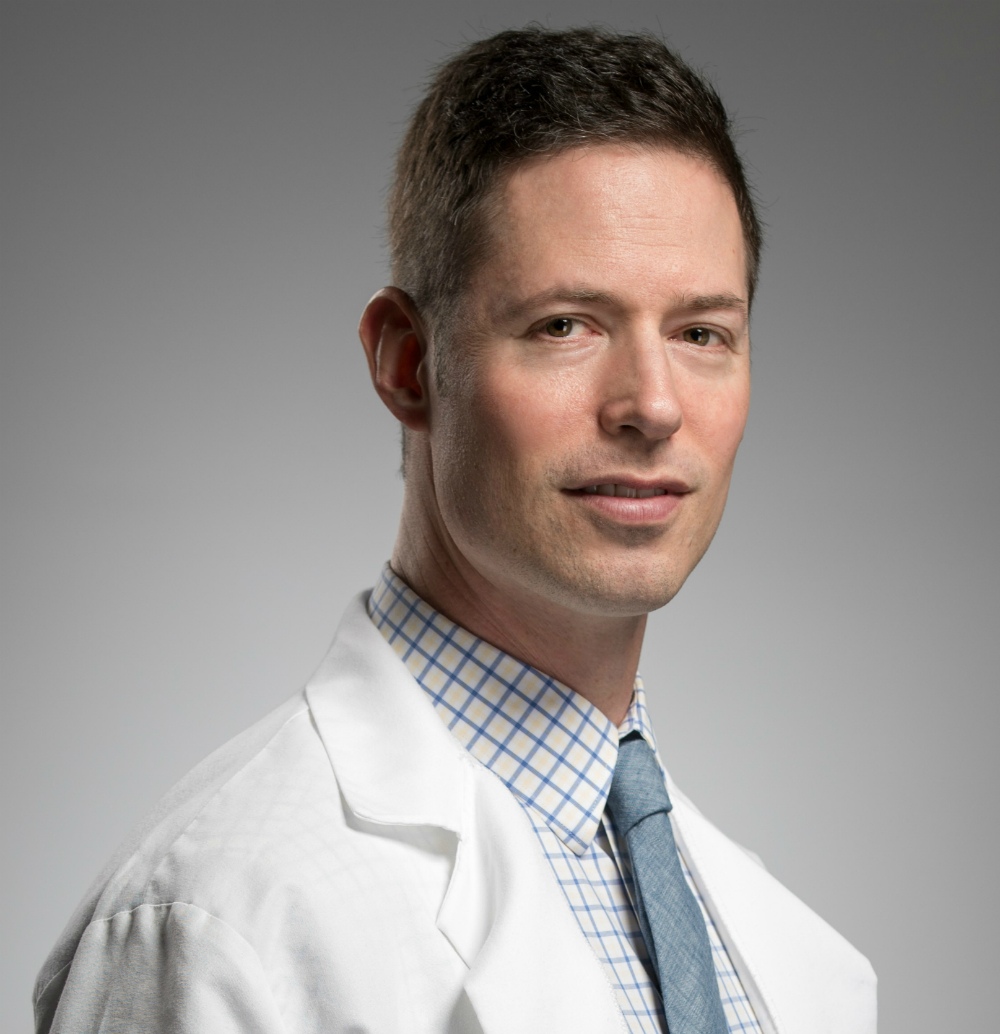Weight, Bariatric Surgery, and Sleep - an Introduction

Many people on the journey to a healthy weight first encounter the field of sleep medicine due to a requirement from their surgeon or health care insurance company to get tested for sleep apnea. Let's explore the origination of this rule.
Obstructive sleep apnea is an extraordinarily common medical condition that is characterized by the repetitive closure of the upper airway during sleep. The cartoon below depicts what happens in the back of the throat when people have sleep apnea:

The Sleep Apnea-Weight Relationship
Being overweight or obese is a major risk factor for sleep apnea. In fact, a 1998 study found that 20-40% of people with a BMI ≥ 32 had sleep apnea. What's the connection? Fat accumulates everywhere in our bodies - even in the tongue! As the tissues in our mouths and throats get bigger, and our necks get thicker, there is less space available in the posterior airway to allow us to breathe. When our breathing goes on "autopilot" during sleep, muscle tone in our bodies goes down and our upper airways are more prone to collapse, creating a recipe for disaster.
Additionally, obese patients are at risk for another form of sleep disordered breathing called "obsesity-hypoventilation syndrome." The basic mechanism of this condition is that, when patients carry excessive weight on their chest and abdomen region, the muscles that operate the lungs can tire out, leading to sustained low oxygen and high carbon dioxide levels, both of which are harmful for the body.
Physiological Effects
During each abnormal breathing episode, our body experiences many negative physiological effects. Oxygen levels can drop precipitously, blood pressure goes through the roof, stress hormones are secreted into our bloodstream leading to blood sugar elevation, pressure in the brain skyrockets. Over time, these effects take a toll on the body. Sleep apnea is associated with numerous medical conditions including heart attack, irregular heart rhythms, stroke, hypertension, type 2 diabetes, headaches and acid reflux, to name a few.
The Surgery Connection
Medical research clearly shows that patients with significant sleep apnea are at an increased risk for "perioperative morbidity." This means that patients with sleep apnea are more likely to experience a complication after surgery if they have untreated sleep apnea. Research studies show that these complications include increased risk of death, irregular heart rhythms, need to be transferred to ICU and difficulty with extubation (removal of the breathing tube after surgery). One study showed that patients with sleep apnea were 2.25 times more likely to have a complication that required a prolonged hospital stay after gastric bypass surgery than those without the disorder. For these reasons, bariatric surgery teams now take sleep apnea very seriously when planning surgical interventions.
Next column: Sleep Apnea Testing & Treatment in the Bariatric Surgery Patient
Great article. Look forward to the rest of the series. I'm surprised that my sleep apnea is getting better already, and I'm only 2 1/2 weeks post op but down 20 pounds. @@Dr. Krainin - I hope you will explain in your article how we will know when our sleep Apnea is gone. I've tried sleeping without my CPAP and my husband says I don't snore much at all anymore. However, after reading this article I think I need to keep using my CPAP. But for how long???
It was a very informative article. Thank you for posting this.
Dr. Krainin,
Thanks for this informative and helpful article on sleep disorders. This is a great description of what sleep apnea is and how obesity is related. I think it also underscores the importance of telling your surgeon everything about your health history. While I think most of us know that obesity can cause sleep apnea and weight loss surgery and weight loss can help it resolve, I had not realized that sleep apnea can lead to complications from weight loss surgery. It’s so critical to make sure your surgeon knows everything about your health conditions so you can have a healthy surgery!
Looking forward to future articles in this series.
Thanks for the article.
Question - I've lost 150lbs and according to my sleep doctor, I am cleared to go off CPAP. Problem is I cannot sleep without my CPAP anymore. I am using the lowest pressure setting, but for whatever reason I am so programmed to use the CPAP, I cannot sleep without it - even though technically I don't need it anymore. I hate the CPAP. Nothing would make me happier than to get rid of my CPAP - especially when I travel. Any recommendations on how I can train myself to sleep without my CPAP? I am a lousy sleeper anyway and rely on sleep meds - another issue... But how can I wean off the CPAP?
Any help or similar experiences and solutions are greatly appreciated.
Thanks
Thanks for the article.
Question - I've lost 150lbs and according to my sleep doctor, I am cleared to go off CPAP. Problem is I cannot sleep without my CPAP anymore. I am using the lowest pressure setting, but for whatever reason I am so programmed to use the CPAP, I cannot sleep without it - even though technically I don't need it anymore. I hate the CPAP. Nothing would make me happier than to get rid of my CPAP - especially when I travel. Any recommendations on how I can train myself to sleep without my CPAP? I am a lousy sleeper anyway and rely on sleep meds - another issue... But how can I wean off the CPAP?
Any help or similar experiences and solutions are greatly appreciated.
Thanks
Hi Richard,
First, congrats on the weight loss. I'll answer your question, as I am also a sleep professional.That said, I am not a doctor- your sleep doctor (pulmonologist/cardiologist/etc) may have a unique tip. For some people who have difficulty transitioning off of CPAP, having a fan near the bed with the air pointed directly at their faces has helped. If you find that you still wake throughout the night, I'd recommend talking to your doctor about having another sleep study.
Best of luck!
HelloSweetie,
Thanks for the reply. Interesting idea about the fan. I was thinking along those lines - maybe just running the cpap to see if the white noise helped. I suppose I could direct the airflow toward my face as well. I'll let you know. Appreciate the help.
Take care.
Richard
HelloSweetie,
Thanks for the reply. Interesting idea about the fan. I was thinking along those lines - maybe just running the cpap to see if the white noise helped. I suppose I could direct the airflow toward my face as well. I'll let you know. Appreciate the help.
Take care.
Richard
The only thing about running the machine if is like the last two I had they shut off without being used after a short time I suppose if you have an older one you could do that I have been on cpap for almost 20 years now I am not sure how I am going to react when I can finally get off of mine








Inner Surfer Girl 12,015
Posted
Excellent article. Thanks for the information.
I hadn't really thought about fat it my tongue before. I went to the dentist yesterday and asked the hygienist if she noticed any fat loss on my gums. She said she noticed some shrinkage -- whatever that means!
Share this comment
Link to comment
Share on other sites